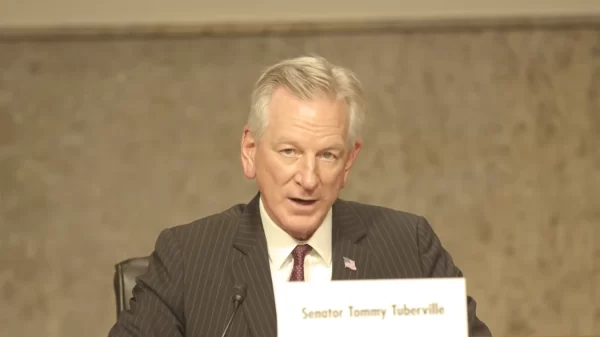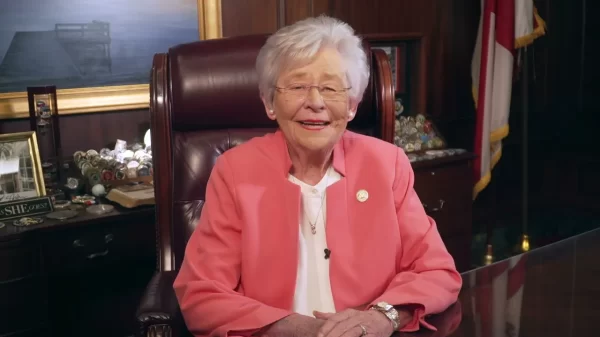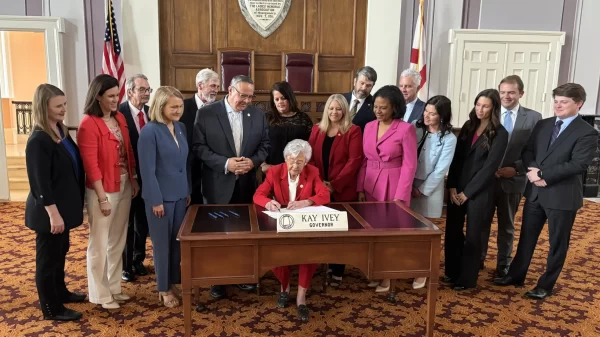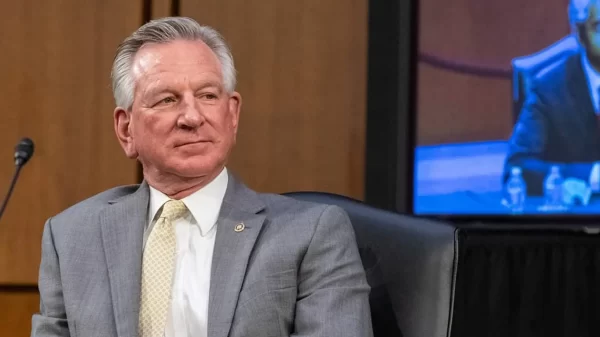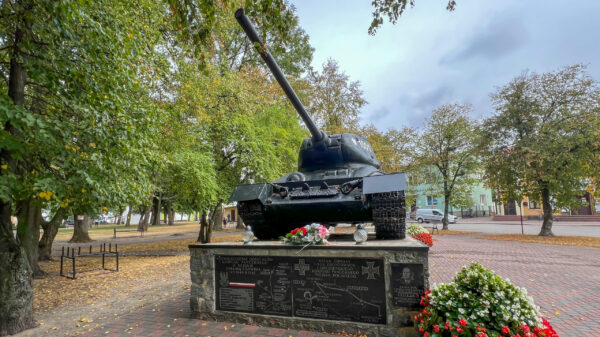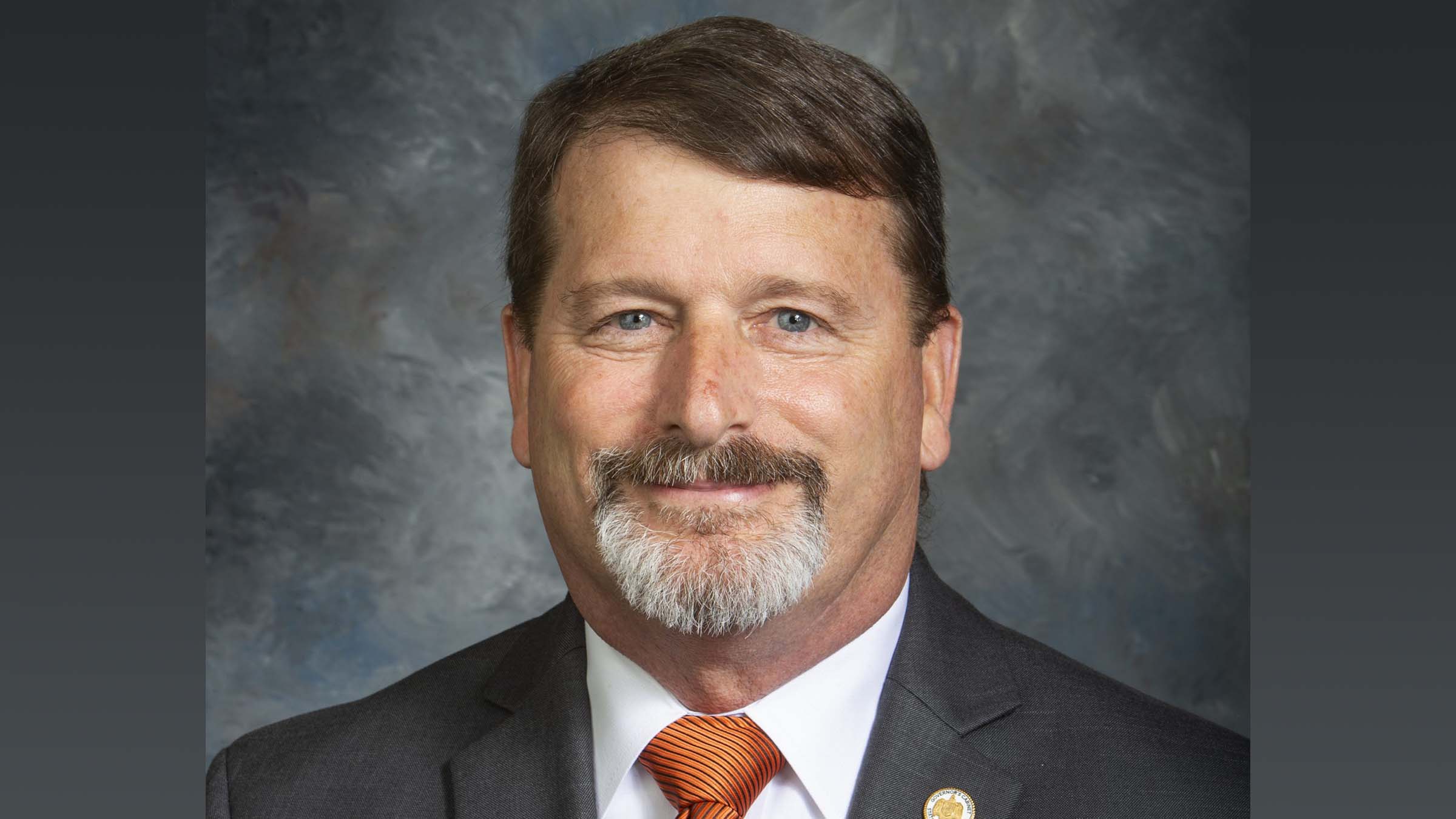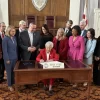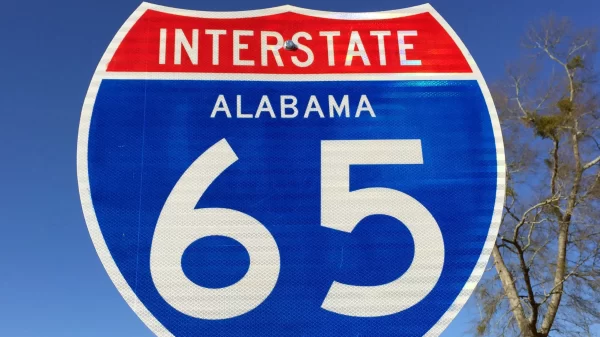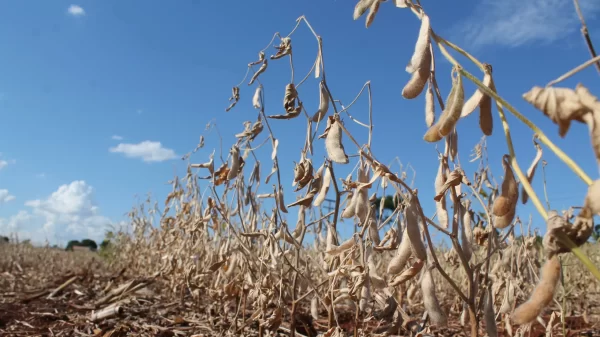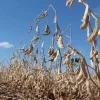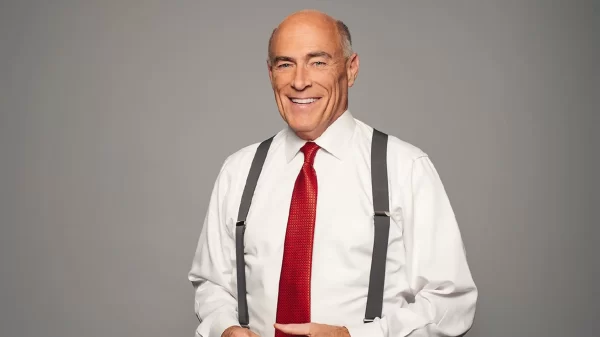|
Getting your Trinity Audio player ready...
|
On a typical day in Alabama, most citizens are paying little thought to the state’s Emergency Management Agency. The agency is usually top of mind only when the state is actively in a state of emergency.
But Director Jeff Smitherman said working to prevent and mitigate emergencies is a full-time job.
“We put in a lot of effort throughout the year when not in response and recovery to work as much as we can to prevent or mitigate the impacts,” Smitherman said.
Gov. Kay Ivey named Smitherman director of Alabama EMA in 2022. Smitherman spent 28 years in the Alabama National Guard, with the last decade or so working directly with the EMA.
After the Deepwater Horizon Oil Spill, the National Guard tapped Smitherman to lead a group to better prepare for emergency situations. That group had just met for the first time in March 2011, just a month before a series of deadly tornadoes ripped through the state causing mass casualties.
“Less than month later, we were called upon to lead the largest callout of the Alabama National Guard for a natural disaster event in the state of Alabama: 2,993 individuals at the top end,”Smitherman said. “It was really a huge undertaking for such a new group of people with a new concept. It ended up being a really good thing and the state EMA was very appreciative of that work.”
With the winter weather season in full swing, Smitherman pinpointed two critical priorities of the agency: utilities and transportation.
“The two things we focus on most is how do we work with utility companies to keep the power on—and if not, is there any predictability on where we lose power so we can take the action necessary to provide life-sustaining support,” Smitherman said. “The other thing we focus really hard on in conjunction with the Department of Transportation and ALEA and National Guard to assist keeping the interstates flowing. If we ever get stopped up, we get a huge transportation issue where people are stranded in a situation where they’re not equipped with food, water and the ability to stay warm.”
Smitherman said the state is really always in at least two emergency seasons at a time. For example, hurricane season and winter weather season overlap.
The agency does plenty of other work to mitigate the impacts when disasters do arise.
“We’re working on things like putting individual community safe rooms throughout the state. We work with flood-prone areas to have houses raised to a higher level or potentially even buy out the property to allow them to relocate and then use the property for community functions a park or something like that,” Smitherman said. “Most people are not aware of those programs. We do a lot with the planning preparations with our nuclear power plants. There are two active ones in the state; the work we do with them allows them to maintain their license to operate in the state. That goes a long way to keep the cost of energy and power lower in the state of Alabama. Most people don’t know our role that we play in that.”
The agency also works alongside ADPH to help communities prepare for situations when mass casualties, injuries or sickness could arise.



